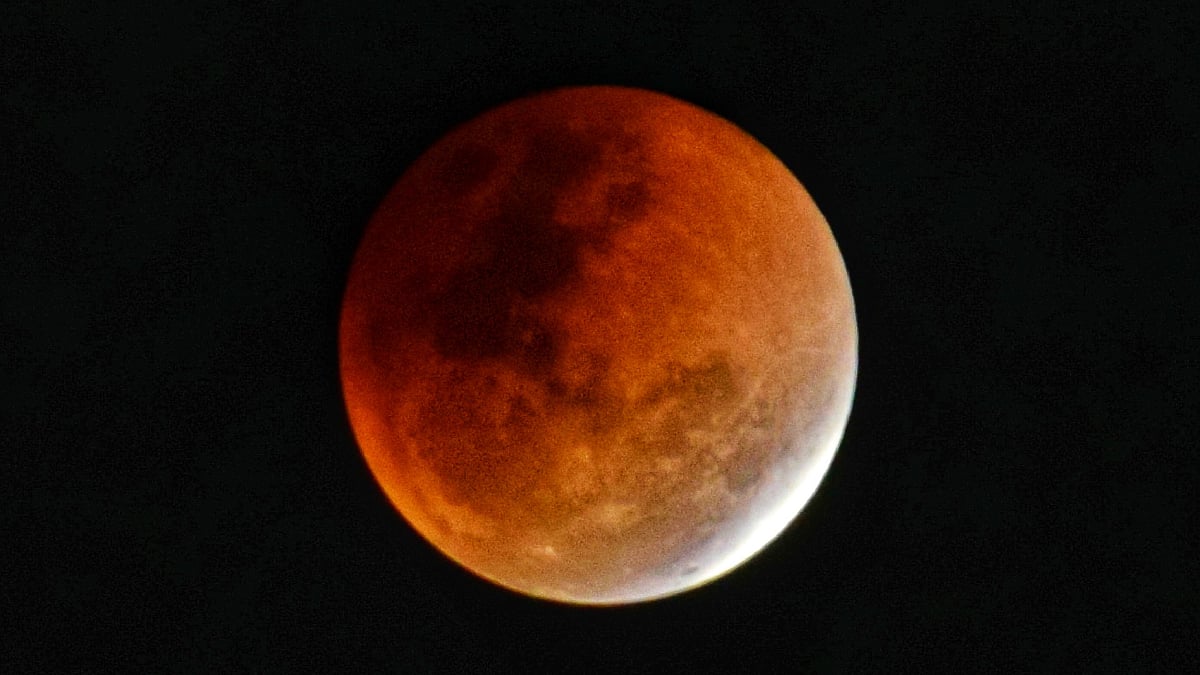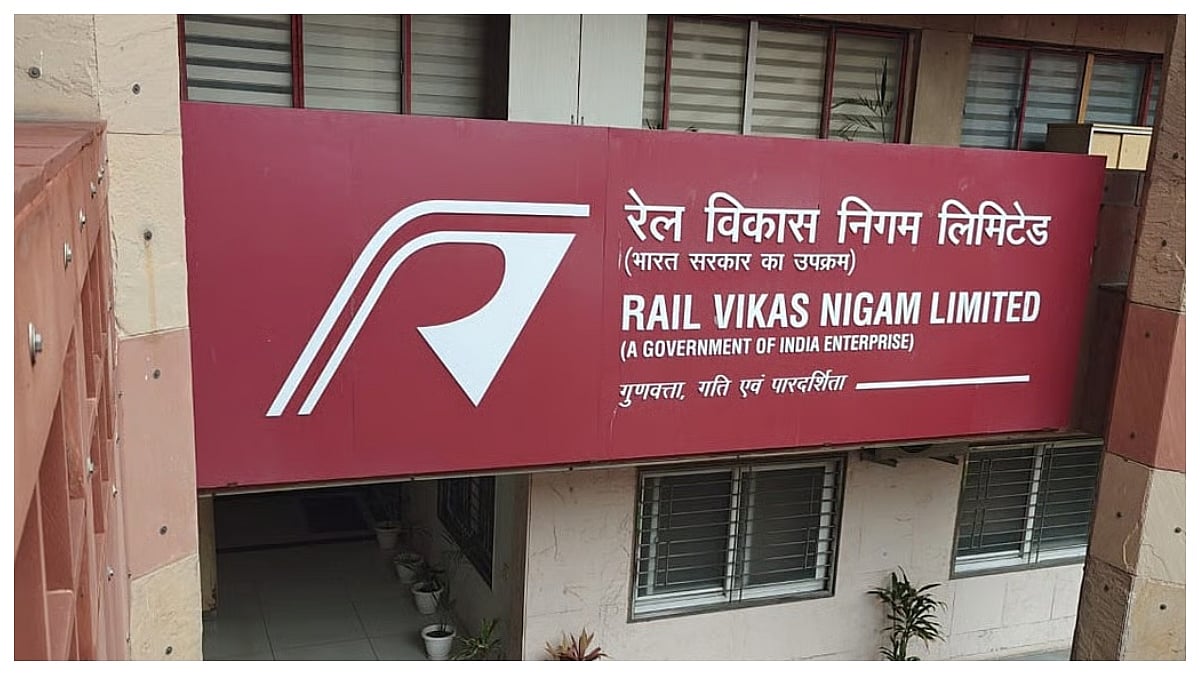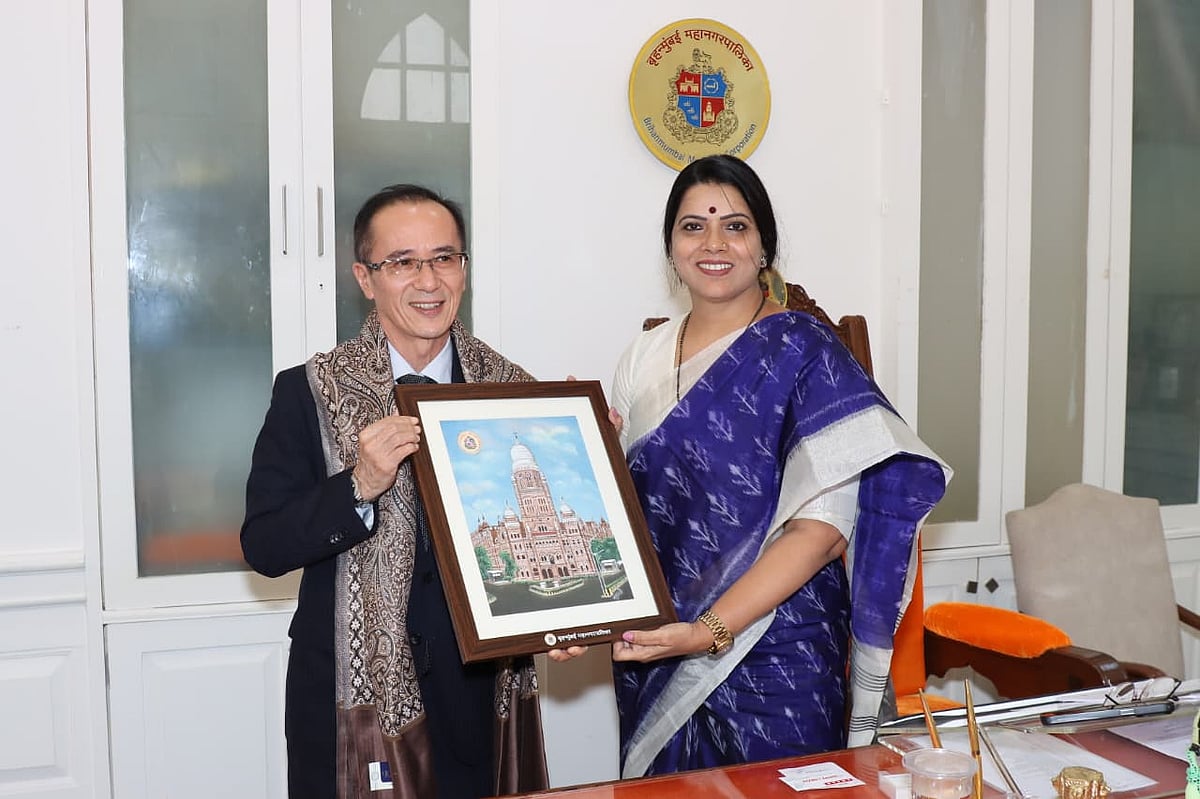YAPP Automotive Systems Co. Ltd (YAPP) is a China-based auto parts company principally engaged in the design, development, manufacture and sale of automotive energy storage systems.The company's main products include plastic fuel tanksystem and fuel filler pipes for passenger cars
In India, the company is headed by Mr. Chen Huazhu, Executive Director and Chief Executive Officer of YAPP. He has more than 30 years of progressive experience in auto industry especially Finance, Project Management, plastic fuel tank system technology and multiple energy storage systems. He is associated with YAPP India since incorporation as a green field project in India and he is the architect of YAPP India's growth with major OEM’s as customers in India.
The company has its manufacturing facilities in Pune and Chennai and distributes its products both in the domestic market and overseas market to Indian and Global OEM’s
In conversations with Dominic Rebello and RN Bhaskar, (both from the Free Press Journal) Chen reveals YAPP’s plan for the Indian market, including the opportunities and trends going ahead.
Tell us something about your company...
YAPP was established in 1988 and was listed on the Shanghai Stock Exchange in May 2018. The company is a global supplier engaged in R&D, manufacture, and sale of automotive energy storage systems.
How many production facilities does it company own and where are they situated?
Currently, the company owns 25 production facilities (eight of which are outside of China), five engineering centers (Four of which are outside of China), and three offices around the world.
The company operates in 11 countries (including China, India, Russia, Czech Republic, Germany, the United States, Mexico, Uzbekistan, Brazil, Japan, and France), serving customers such as Volkswagen, GM, Ford, Fiat Chrysler, Renault-Nissan, Toyota, Honda, PSA Peugeot Citroën, Mercedes-Benz, Tata Motors, Mahindra & Mahindra, Skoda-Volkswgen, SAIC Motor, FAW Group, Changan Automobile and Great Wall Motors, etc. For a long time, the company has maintained industry leadership positions of No. 1 in China and No. 3 in the world.
How many engineering centers do you have and where are they situated?
We have five engineering centers, four of which are outside China. They are Germany Engineering Center, USA Engineering Center, India Engineering Center and Japan Engineering Center.

Can you share your sales volumes in the Indian market?
In the year 2022, we sold over 5 lakh plus fuel systems in India.
According to sales of all the plants that you have in the world. What is India's ranking in your business?
Currently, India is the third largest market in the world for our products.
Who are your major clients in India?
In India our major clients is ŠKODA AUTO Volkswagen India Private Limited, Mahindra and Mahindra, Tata Motors, FCA, Toyota and MGI
What about Honda?
So far, we have not had the opportunity to collaborate with Honda. However, we are actively working on establishing a partnership with potential customers like Honda.
How many people you employ in India?
Currently, around 260 people are working at our plants in India.
Are you supplying technology as well as equipment or just equipment or just technology?
Our company provides fuel system products to the Indian market. We not only offer high-quality products but also ensure our clients receive the best customer service available in the market.
So then are you a service company or a manufacturing company?
Yes, we are a manufacturing company. Our ability to provide the best services to Indian clients stems from the fact that our products are designed, developed, and manufactured in India. That's the reason we have an engineering center in India.
When we look at the automotive industry as a layperson, we talk about electric vehicles. But batteries pollute the backend. Your views.
Let's take a look at the Indian market. In my opinion, India's energy landscape will likely witness the adoption of multiple energy sources in the future, perhaps within the next 10 to 20 years. One of the routes India will adopt is the ethanol one. The Indian government is planning to introduce E20’, or petrol blended with 20% ethanol. I believe this is a significant step as it involves the interests of farmers and may potentially have far-reaching effects.
In India, I foresee ethanol fuel gaining substantial traction as a major energy source in the future. Additionally, electric vehicle technology is gaining ground in the Indian market, gradually increasing its market share from the current percentage, which might be around 1%, to potentially 5%, 10%, or even 30%, depending on the successful implementation of new technologies and the improvement of infrastructures like charge stations and power supplies in the Indian market.
Moreover, the progress of battery technology will play a crucial role due to the considerable expense associated with batteries. As battery technology advances, it could greatly influence the pace of adoption and transformation in the Indian energy landscape.
Furthermore, the application of hydrogen energy in India is also noteworthy. Several organizations, including ours, are already engaged in this field. We believe in utilizing such technology at the appropriate juncture. Whenever a suitable opportunity arises, we are committed to introducing similar technologies to the Indian market.
China has made significant strides in adopting electric vehicles (EVs). The advantage of focusing on one or two technologies lies in improved efficiency and reduced costs. Your views...
Predicting the trajectory is complex due to diverse technology roadmaps pursued by various automotive OEMs. For instance, Toyota prioritises hybrid technology, which is prevalent in the Indian market recently. On the other hand, Volkswagen is concentrating on electric vehicles (EVs) for furture in India market.
This diversity underscores the difficulty in forecasting the dominant energy source of the future. As a result, India's energy landscape will likely involve the coexistence of multiple energy sources, although their specific roles remain uncertain."
Who are your competitors in India?
Our primary global competitors, ranked at the top, are noteworthy. The leading company is based in France, followed by a German company. both these competitors maintain a presence in India, with operational plants established locally.
If you have the same number one and number two in India, what would the market share of the top three companies be in India?
In 2022, the Indian market witnessed the procurement of plastic fuel systems numbering between 1.6 million and 2 million units. While I don't have the exact figure at hand, I recall that the market size fell within the range of 1.6 million to 2 million units.
So it means you would have at least 1/3 of the market share...
Yes, nearly one-third of India's current market share, including exports, which accounts for approximately 20%. However, the specific calculation method can influence this percentage. To elaborate, if we consider all types of fuel systems, the total share could be around 18%, inclusive of metal fuel systems. Conversely, in the plastic fuel system segment, where the market size ranges from 1.6 million to 2 million units, YAPP boasts a substantial market share of around 25%.
How do you plan on increasing your market share?
Indeed, our team is actively engaged in this endeavor. We are optimistic about obtaining a larger share of the fuel systems market in India.
So what is your target for the next five years?
In my personal opinion, we are keen on expanding our presence in the Indian market. I foresee substantial growth in the Indian automotive industry over the next 2 to 5 years, with the overall volume possibly reaching around 5.5 million units.
I hope we can maintain the same market but if we are able to increase our share, we will be very happy. As the entire automobile industry grows, our share in the market also grows.
The Indian market is not an easy market because of various reasons. One is the customer. The second is government regulations. The third is industry competitiveness. What would be your requests to the Indian policy makers be?
I have no comment on matters related to the government, however I believe in following law of lands with true letter and spirit. However, I can provide insights regarding our company. In India, we operate in strict compliance with all applicable laws. We place a strong emphasis on maintaining good corporate governance by conducting business ethically. We are committed to adhering to legal regulations and actively promote ethical standards to fulfill our social responsibility towards sustainable development for all stakeholders. Given our approach, I believe that we can establish a positive and successful business presence in the Indian market.
Is there anything else that you would like to add about your company? About the work in India?
Indeed, we have made substantial investments in India (USD 3.5 crore). Our commitment goes beyond business; we place significant emphasis on social responsibility through Corporate Social Responsibility (CSR) initiatives. We've been engaged in CSR projects since 2018, and this commitment continues as we create a positive work environment and foster a constructive culture in India. This approach allows us to establish a shared understanding with India, and every time I return, I'm filled with a sense of cheerfulness.
As we all know, many foreign companies operating in India are encountering challenges. However, I firmly believe that by consistently making ethical choices, we can navigate these challenges successfully and avoid any issues.




